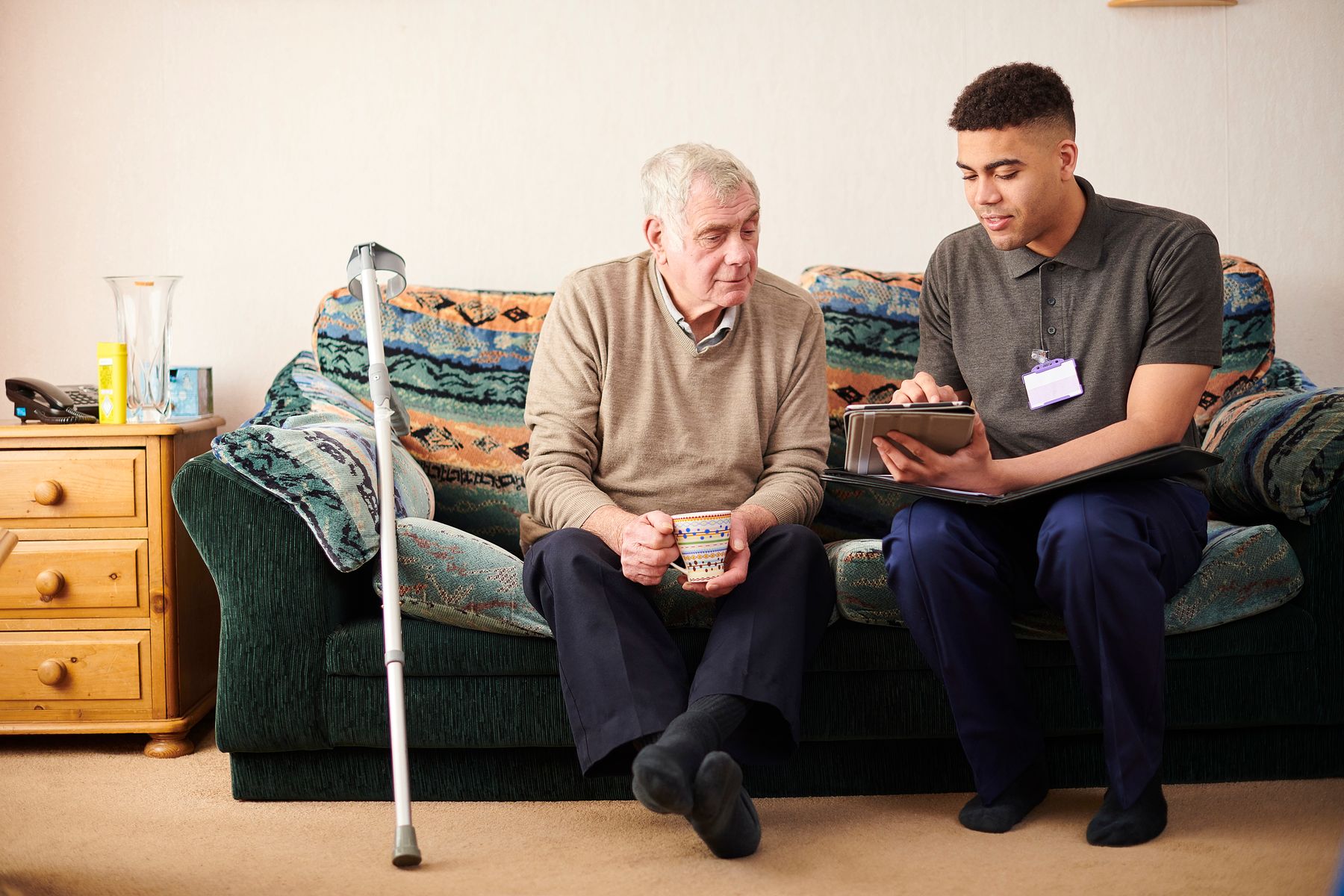Overview
47% of cancer diagnoses in Europe are classified as ‘less common or rare’ (Public Health England, 2014). A rare cancer is a reportedly lonely diagnosis due to lengthy and complex care pathways which can be a barrier to meeting other patients and families. Exploring ways to enhance social support could improve quality of life for patients and their families.
Cancer survivors harness social media platforms to share their stories. Burgeoning platforms such as Facebook and Instagram allow multi-media ways to share stories of the illness, which could enhance feelings of agency and control. These sites enable new connections to others online and improve communication with existing family and friends. Moreover, online platforms can provide social support and ultimately help individuals and their families adapt to stigma associated with rare cancers. However, the benefits of using social media platforms may not be straightforward (Harkin et al, 2017) as rare cancer patients are less likely to find others with their cancer diagnosis or specific cancer journey, reducing opportunities to connect with others, and compounding feelings of isolation and stigma.
Many cancer support charities delivered online support during the Covid-19 pandemic. Whilst there is a zeitgeist for online support provision, the online support offered is varied and may not match the support needs of rare cancer survivors. An exploration of rare cancer survivors support needs, ways they use social media platforms, and the support offered by cancer support organisations, can explicate ways to enhance social support provision for rare cancers.
The PhD Programme
The overarching aim is to explore available networks of online social support for people and families affected by rare cancers. Three inter-related studies employing a social constructionist informed qualitative methodology will allow a nuanced examination of stakeholders involved with rare cancer support online.
Study 1: A systematic review will be conducted to establish the psychological social support needs of people and families affected by rare or less common cancers.
Study 2: Interviews will be conducted with those affected to explore how they use social media to story their journeys with cancer, and ways they construct their social support needs online and offline.
Study 3: Focus groups will be conducted with cancer support organisations to explore their online support provision and how they position their role in facilitating social support for people with rare cancers.
This research will highlight routes to enhance psychological support for rare cancer survivors and their families.
Project leader: Dr Lydia Harkin
Entry requirements
Candidates entering from Undergraduate must hold or expect to hold at least a 2.1 degree in Psychology or similar discipline. Candidates entering from Postgraduate must hold or expect to hold at least a merit/commendation with their UG or PG qualification in Psychology or related discipline
How to apply
Applications are accepted all year round. For a step-by-step guide and to make an application, please visit our how to apply page.
Fees and Funding
This is a self-funded project for UK and International students. Applicants are welcome to contact project leaders to discuss potential funding opportunities.
Guidance and Support
Further guidance and support on how to apply can be found on our apply page.
Staff profiles
Entry qualifications
Candidates entering from Undergraduate must hold or expect to hold at least a 2.1 degree in Psychology or similar discipline. Candidates entering from Postgraduate must hold or expect to hold at least a merit/commendation with their UG or PG qualification in Psychology or related discipline.
How to apply
Applications are accepted all year round. For a step-by-step guide and to make an application, please visit our how to apply page.
Fees and funding
This is a self-funded PhD project. Applicants are welcome to contact project leaders to discuss potential funding opportunities.
Guidance and support
Further guidance and support on how to apply can be found on our apply page.
